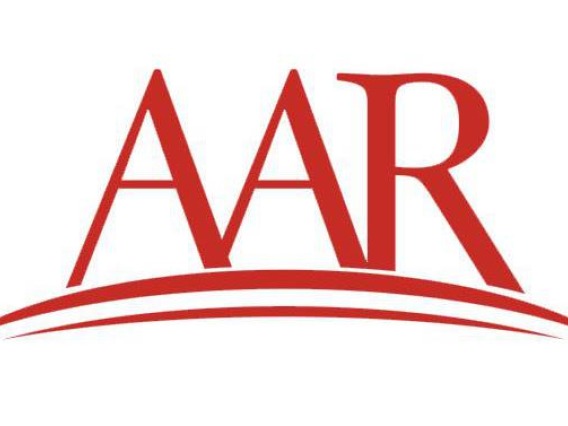
Three Religious Studies faculty members will be presenting at the 2014 American Academy of Religion Annual Meeting.
Dr. Andrea McComb Sanchez will be presenting in a panel titled "Native Traditions, Food, and Environmental Change: Restoring Right Relationships."
Paper: "Restoring Himdag: Traditional Ecological Knowledge and the Tohono O'odham"
Abstract: Traditional Ecological/Environmental Knowledge (TEK) refers to the knowledge, beliefs, and practices of indigenous communities that developed from direct experience and long term observation, and demonstrate the interconnection of community identity, worldviews, religious beliefs and practices, language, and ecological values. Traditional farming practices of the Tohono O’odham, which experienced a sharp decline in the mid twentieth century, are central to O’odham TEK and are currently undergoing revitalization. These farming practices are essential to restoring Himdag, the O’odham traditional lifeways, and reclaiming them involves exploring many different aspects of TEK as found in the wisdom of the elders. Traditional O’odham farming practices, most notably of the tepary bean, are not just about creating a healthy food source and practicing environmentally friendly farming techniques. They are about renewing the people’s connection with the land, language, songs, ceremonies, and sacred narratives and through this restoring Himdag.
Dr. Caleb Simmons will be presenting in a panel titled "The Maṭha: Entangled Histories of a Religio-Political Institution in South India."
Paper: "Curious Pen Pals: An Examination of the Role of Mathas in Tipu Sultan’s Letters to the Jagadguru of Sringeri"
Abstract: In this paper I examine letters written by Tipu Sultan, ruler of Mysore, to the jagadguru of the Sringeri Shankaracarya Matha in Central Karnataka between 1783 and 1798 CE. I show how the Muslim ruler placed himself into an imperial paradigm of patronage started by the Vijayanagara kings. While doing so, Tipu Sultan engaged modes of medieval kingship by utilizing rhetoric of dharmic protection, goddess devotion, and situated metaphysical power. In these letters, it is surprisingly clear that Muslim Tipu Sultan saw the Hindu maṭhaand its jagadguru as the ultimate source of power for his army and his rule. I argue that the relationship between Tipu Sultan and the jagadguru can help us to rethink the role of mathas as a site of trans-communal political expression.
Dr. Max Strassfeld will be presenting in a panel titled "Corporeality and Difference: Animality, Disability, and Gender in Rabbinic Literature."

